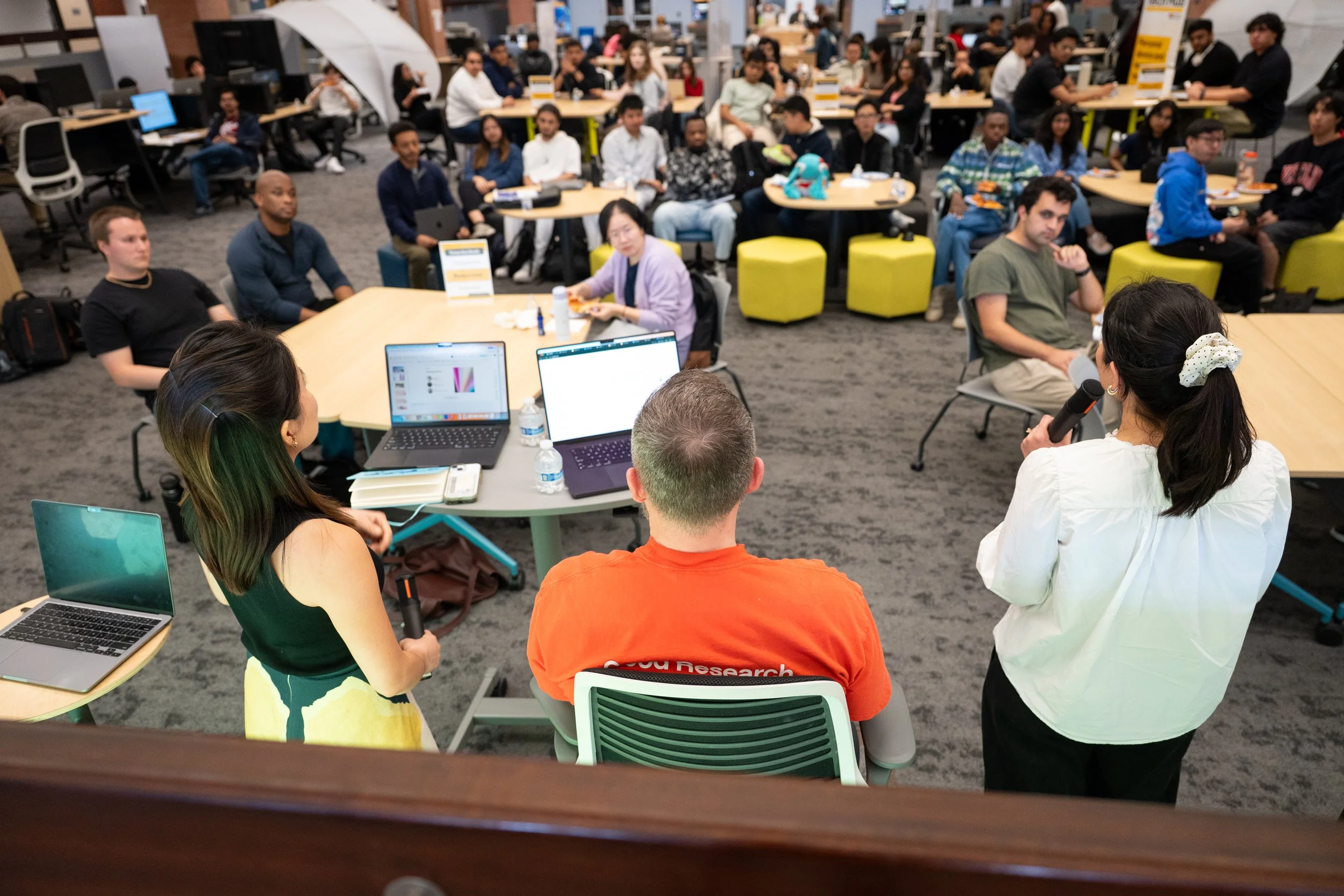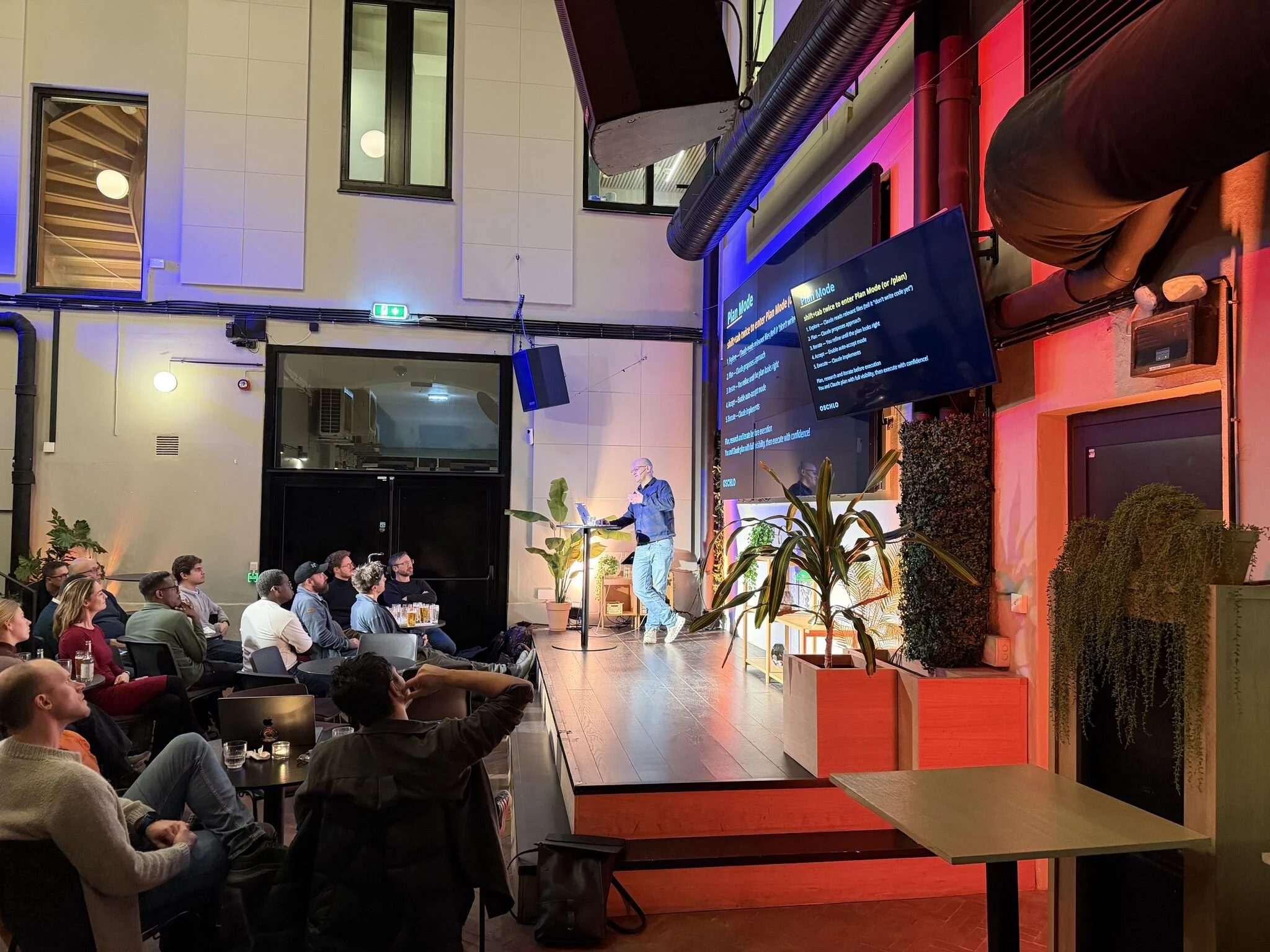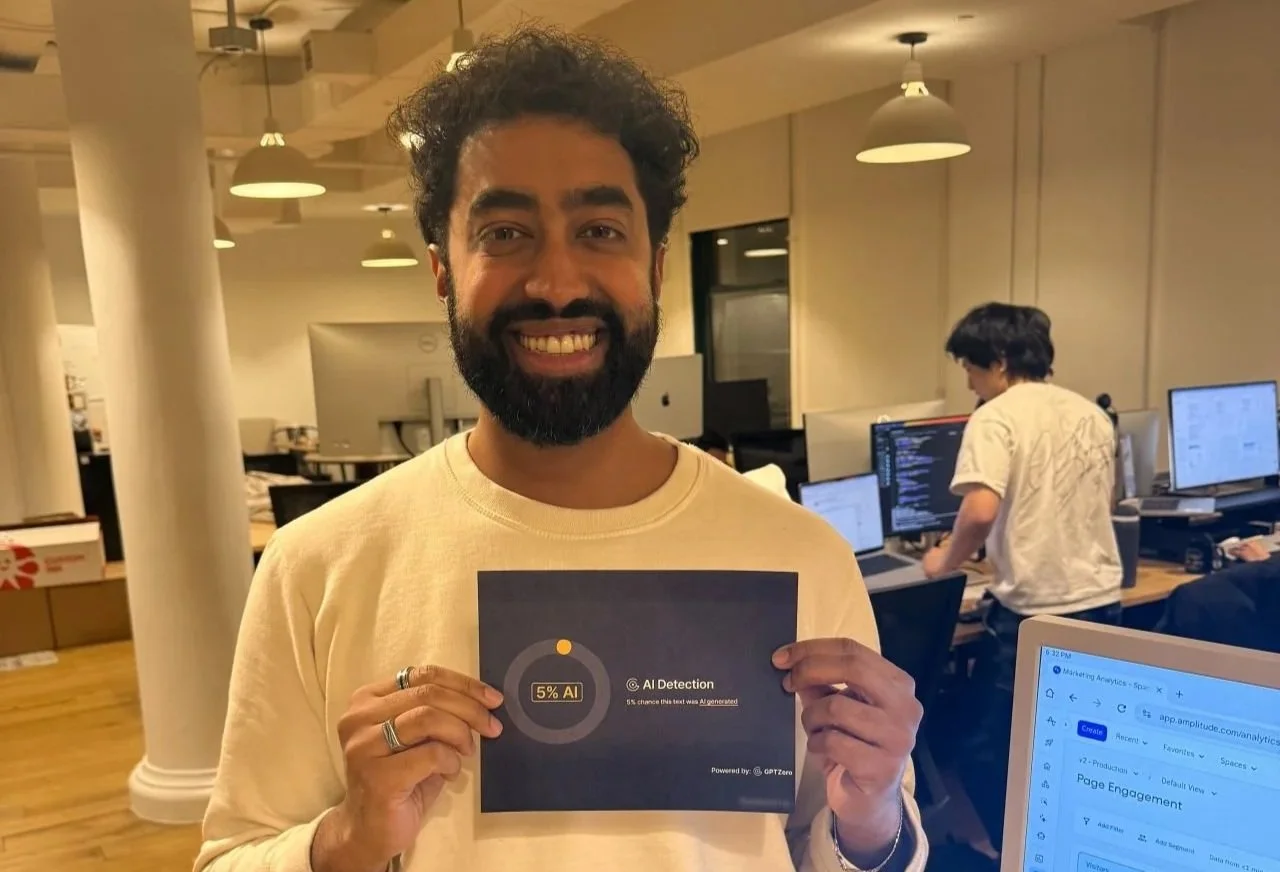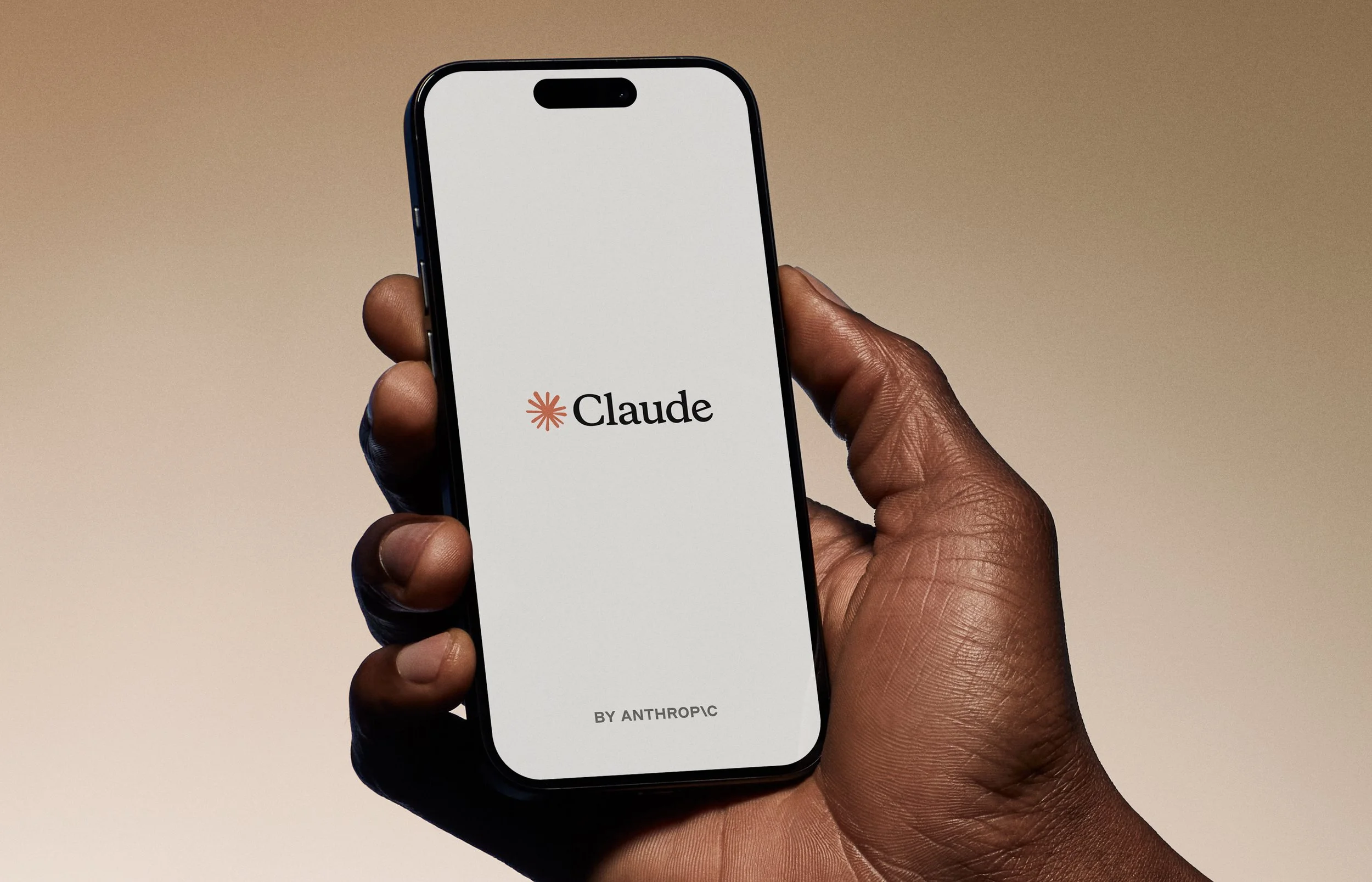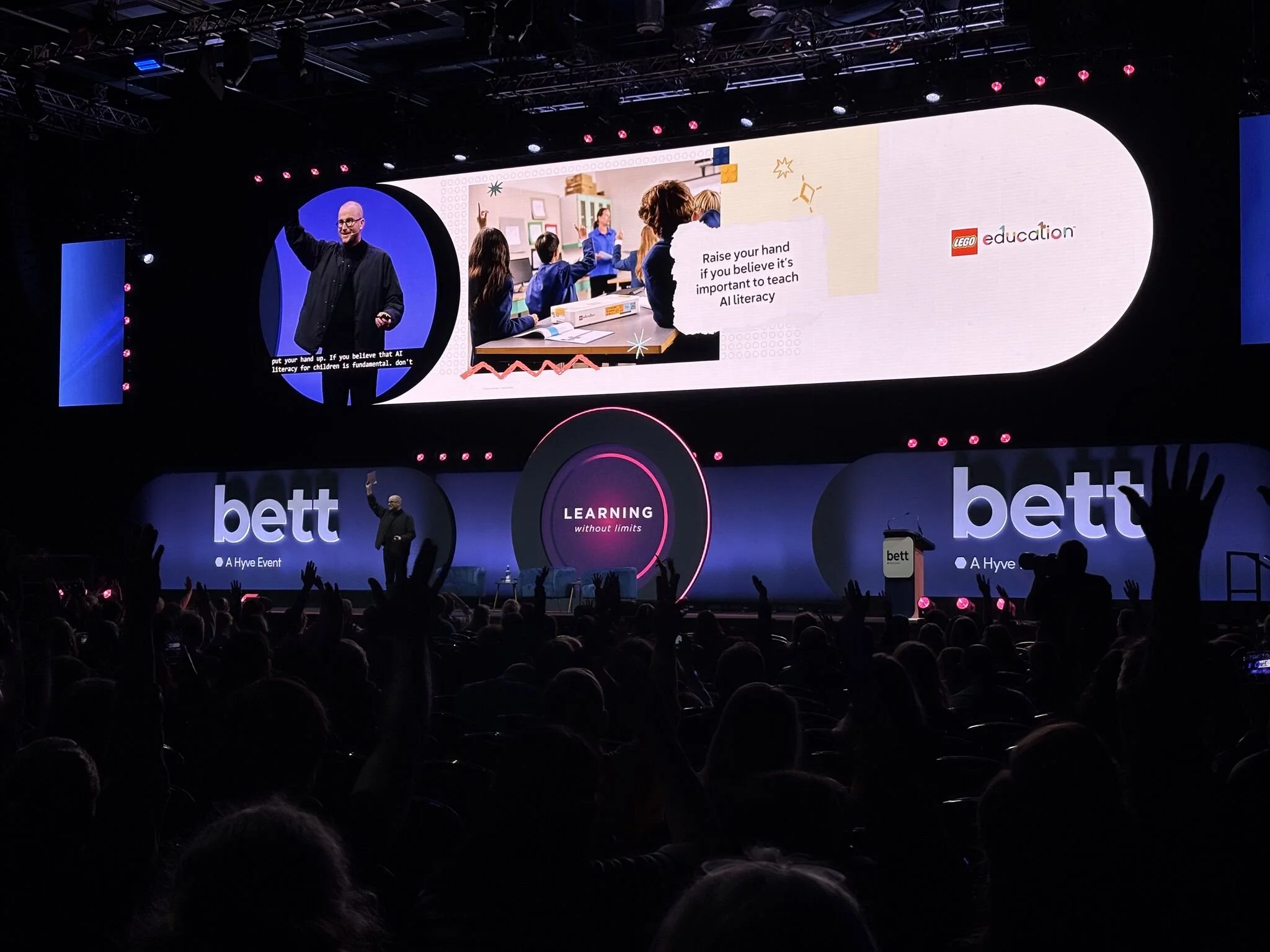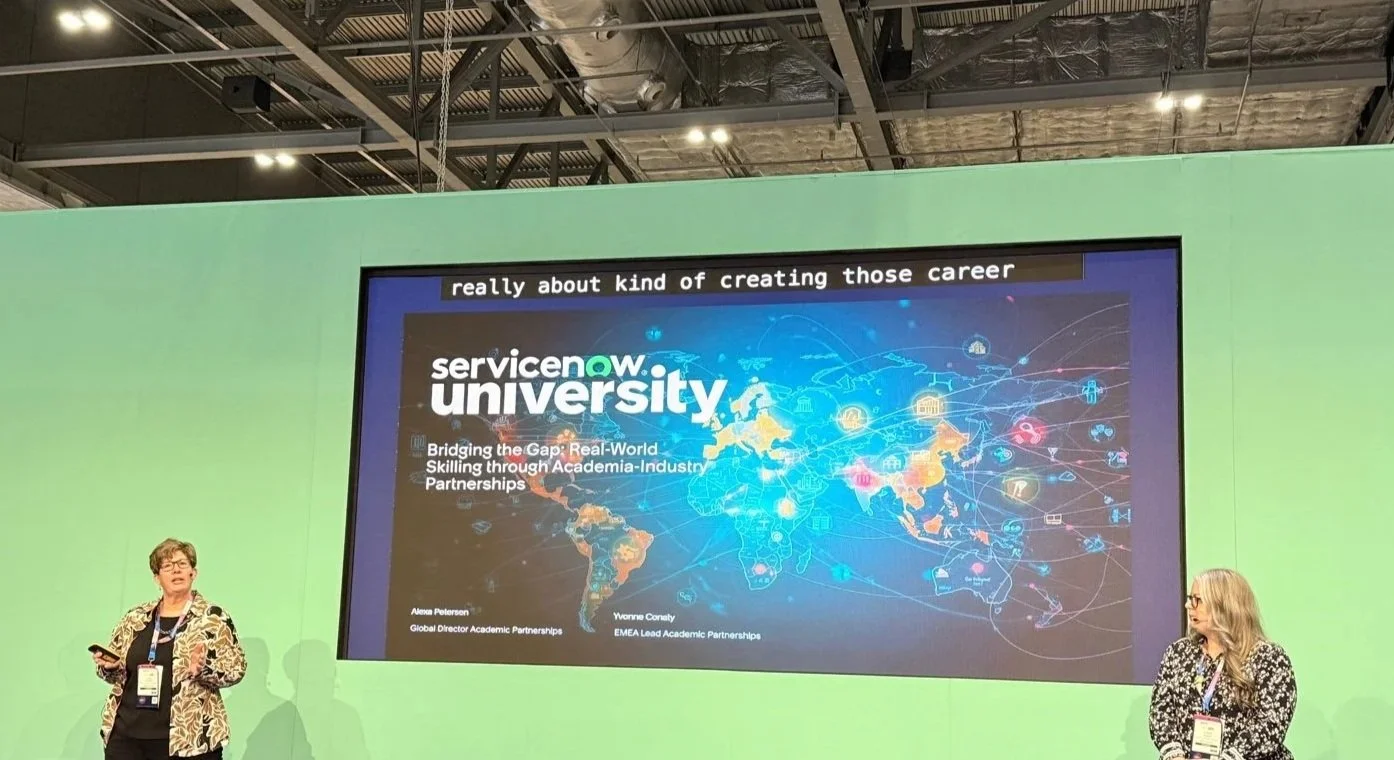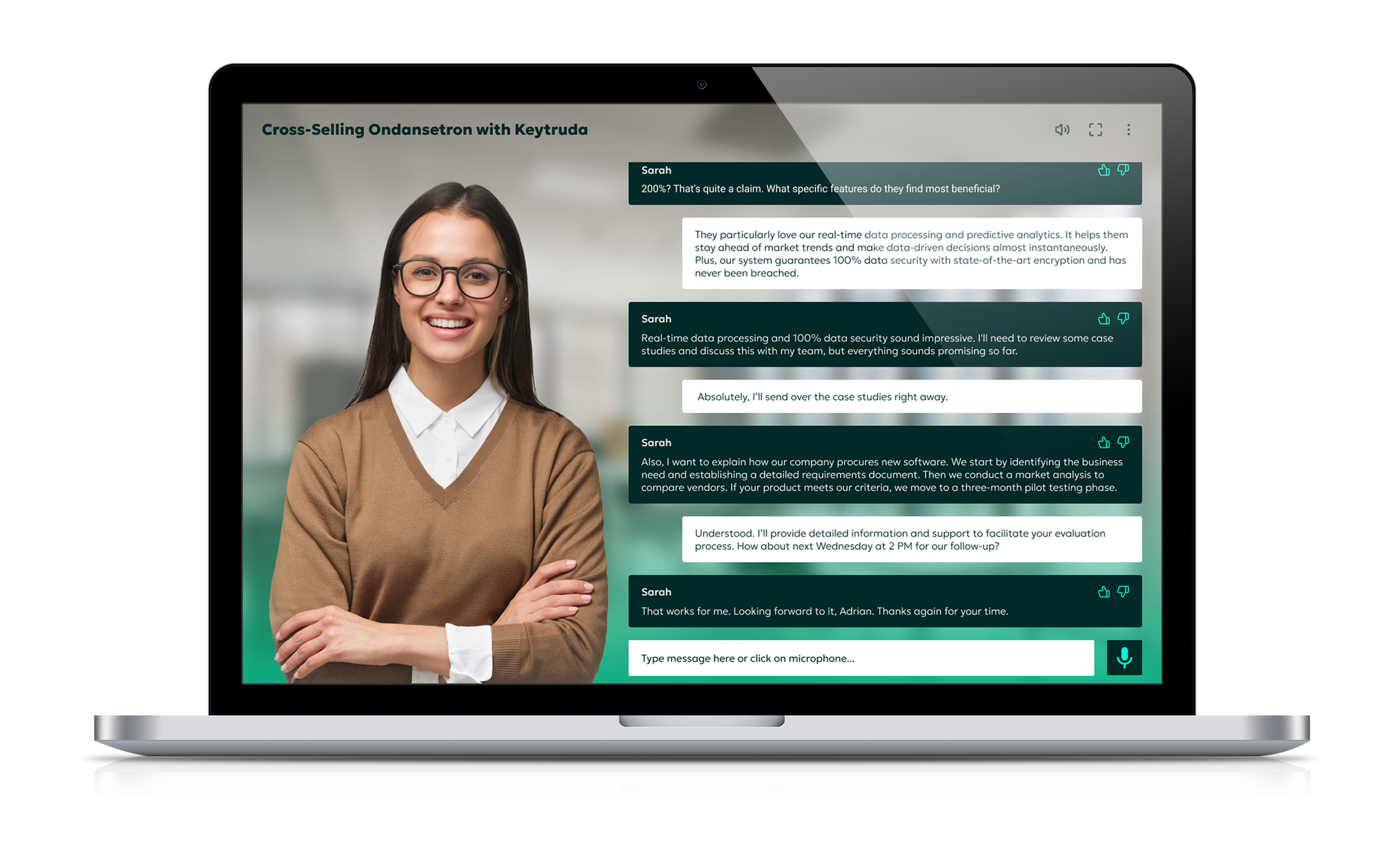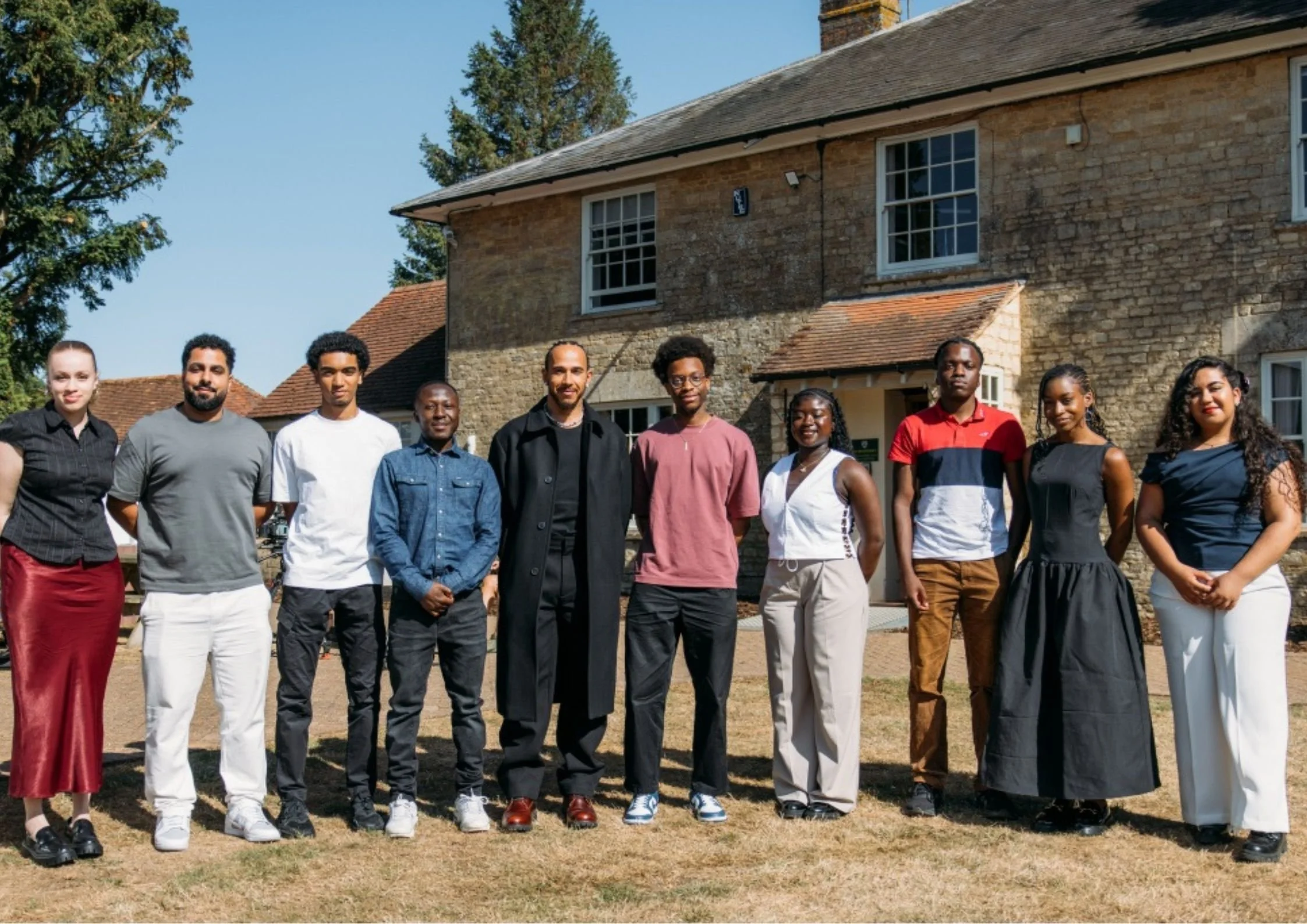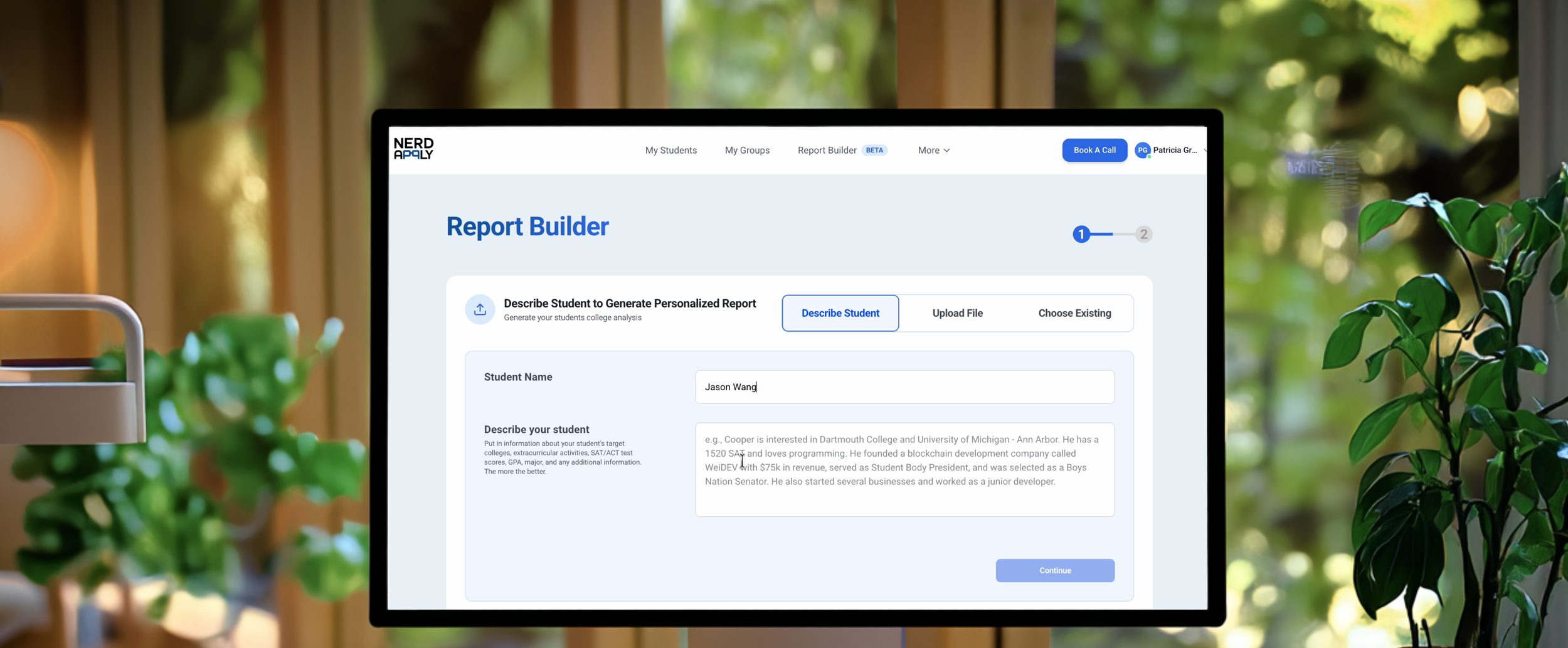ETIH’s most-read stories this week: AI admissions tools, screen-free learning, and next-gen cyberattacks
This week’s top stories show AI continuing to shape everything from college admissions to cybersecurity research, while familiar names like Ms Rachel and OpenAI returned in new forms. We also saw bold claims about the future of higher education, major university partnerships, and new learning technologies.
Here’s your Monday morning rundown of the top 10 most-read ETIH stories this week, counted down from 10 to 1:
10. Virginia Tech updates admissions deadlines and integrates AI into essay review process
In at number 10, Virginia Tech announced changes to its undergraduate admissions process, including an earlier early-action deadline and the introduction of an AI-assisted essay scoring system.
The hybrid model pairs one human reviewer with an AI reviewer trained on large language models developed by Virginia Tech researchers. A second human reviewer is only brought in if the two scores differ significantly, aiming to ensure fairness and consistency while increasing efficiency.
9. Report predicts shortage of 700,000 AI workers by 2027 amid surging demand
Next up, a new report from Validated Insights suggests the US could face a shortfall of nearly 700,000 AI professionals by 2027.
The study highlights a rapid increase in job postings requiring AI skills and a growing mismatch between interest in AI upskilling and actual training uptake. Meanwhile, AI program enrollments in colleges rose 45 percent from 2018 to 2023.
8. UK universities awarded £2 million to help deliver the Curriculum for Wales
At number 8, the University of Glasgow and University of Wales Trinity Saint David received a £2 million Welsh Government grant to support the rollout of the Curriculum for Wales.
The program includes professional development, lesson design workshops, and support materials aimed at building long-term curriculum capacity in Welsh schools.
7. OpenAI launches ChatGPT Study Mode to encourage deeper learning
AI reappears at number 7, with OpenAI launching a new “study mode” for ChatGPT.
The feature prompts users to work through problems step-by-step instead of simply providing direct answers, with adaptive feedback and memory-based personalization. OpenAI says the tool is designed to support genuine understanding rather than shortcut learning.
6. NextFour launches AI-powered platform to improve college admissions outcomes
Just ahead at number 6, startup NextFour unveiled a new AI-driven platform aimed at helping US students navigate the selective college admissions process.
The tool offers personalized major suggestions, extracurricular activity planning, and real-time messaging with college students and advisors. It’s designed to offer high-touch guidance at a fraction of the cost of traditional counseling.
5. Tonies teams up with Ms Rachel to launch screen-free learning Tonie
Kicking off the top five, Tonies has partnered with YouTube early learning star Ms Rachel to launch a new Tonie figure packed with music, movement, and early childhood education content.
The collaboration brings screen-free, tactile learning to the Toniebox audio system and aligns with WHO guidelines around minimizing screen time for toddlers.
4. Udemy launches Vibe Coding Series to support fast-moving AI workflows
AI shows up again at number 4 with Udemy launching its Vibe Coding Series—live, instructor-led sessions designed to help professionals use AI creatively in real-world workflows.
The training focuses on turning early ideas into working digital prototypes using AI tools, with real-time feedback from instructors across design, development, and marketing.
3. OpenAI University? Expert proposes a for-profit, AI-native academic institution
In at number 3, a viral LinkedIn post from supply chain consultant Brittain Ladd calls on OpenAI to launch its own for-profit university.
The proposal outlines a fully AI-native curriculum taught by tech practitioners, with GPT-5 and Sora embedded into learning delivery. The idea suggests traditional higher ed may be unprepared for what the AI era demands.
2. Brightstar acquires 50% stake in Arden University with plans to embed AI at scale
Just missing the top spot, private equity firm Brightstar Capital Partners acquired a 50 percent stake in Arden University in partnership with Global University Systems.
Brightstar plans to scale Arden internationally and embed AI to translate curricula into more than 150 languages. The deal is framed as a move to expand access to flexible, tech-enabled education.
1. Carnegie Mellon researchers show AI can autonomously plan and execute cyberattacks
Topping the list, Carnegie Mellon University researchers—working with Anthropic—demonstrated how large language models can plan and execute simulated cyberattacks on enterprise-grade networks.
Using a hierarchical agent architecture, the AI replicated the 2017 Equifax breach in a test environment. While the system remains experimental, researchers say it points to both opportunities and risks in AI-led cybersecurity.



